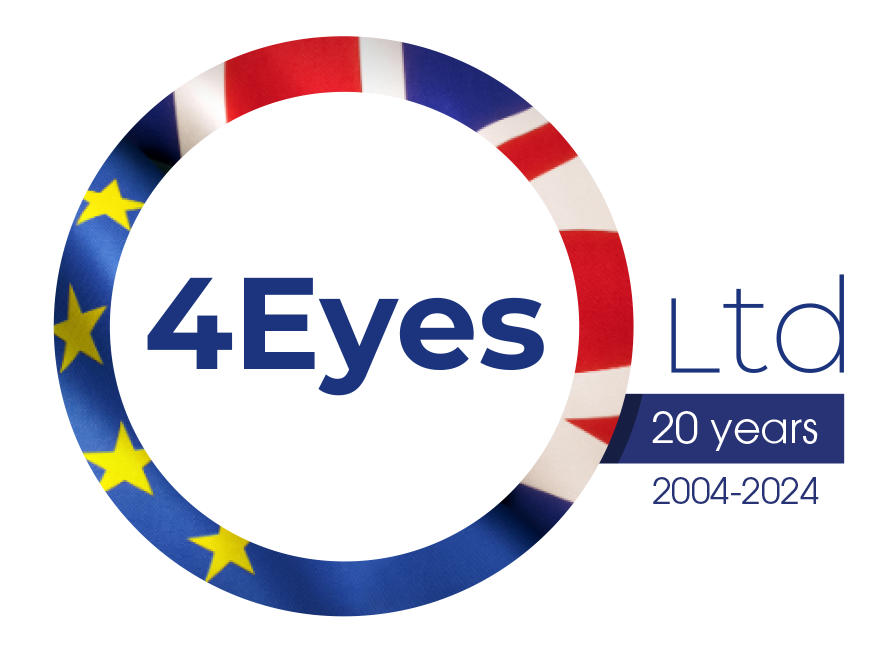HR’s Appeal Dismissed: Insufficient Evidence for Zero-Rated Exports
HR’s Appeal Dismissed: Insufficient Evidence for Zero-Rated Exports
Case Citation: H Ripley & Co Ltd v HMRC [2025] UKUT 210 (TCC)
(Upper Tribunal (Tax and Chancery Chamber) decision, published June 30, 2025)
Background
In 2016, H Ripley & Co Ltd (“HR”) exported scrap metal to Belgium, treating the transactions as zero‑rated under the rules governing exports and intra‑Community supplies, as outlined in VAT Notice 725: The Single Market.
HMRC’s Challenge
In 2017, HMRC disallowed the zero‑rating claim, contending that HR failed to provide sufficient evidence proving the goods had been removed from the UK within the three‑month window mandated by VAT Notice 725.
Tribunal Proceedings
First‑tier Tribunal (FTT): HR submitted various documents, which were deemed incomplete or inconsistent. The FTT upheld HMRC’s assessment, finding that the evidential threshold required by HMRC and VAT Notice 725 had not been met.
Upper Tribunal (UT): HR appealed to the UT, but the appeal was dismissed. The UT agreed that HR’s documentation had significant gaps, failing to satisfy the strict evidential standards required for zero‑rating under the VAT rules.
Legal and Regulatory Context
UK Legislation: Under Section 30(6) of the Value Added Tax Act 1994 (VATA 1994), goods exported from the UK may qualify for zero‑rating, subject to stringent conditions.
EU Law (pre‑Brexit): Intra‑Community supplies required valid evidence of removal under Articles 138–146 of the Principal VAT Directive (2006/112/EC), as implemented by UK domestic regulations such as VAT Regulations 1995, reg. 134.
HMRC Guidance: VAT Notice 725 sets out the evidence required for zero‑rated exports (e.g., commercial invoices, CMR documentation, bills of lading) and specifies tight submission timelines.
Key Takeaway
The case of H Ripley & Co Ltd v HMRC [2025] UKUT 210 (TCC) emphasises that, even absent fraud or bad faith, zero-rating cannot be supported by incomplete or inconsistent records. Strict compliance with VAT Notice 725’s evidential and timing requirements is essential.
Practical Tips for Businesses
1. Document expediently and completely: Ensure all dispatch and removal documents—CMRs, bills of lading, airway bills, and stamped commercial invoices—are obtained and retained promptly.
2. Verify completeness: Cross-check all documentation for accuracy and consistency before submission or in preparation for potential queries.
3. Train and audit internally: Implement controls to ensure that staff responsible for exporting goods understand the requirements under VAT Notice 725 and the relevant tax law.
